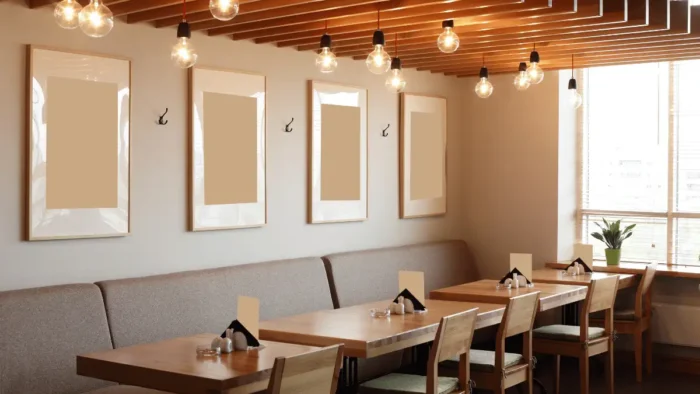Most people have probably heard the term “coworking.” This term refers to when individuals from different organizations, independent contractors, and freelancers work alongside one another in a shared space.
Coworking is based on the principles of synergy, collaboration, flexibility, and affordability. It is particularly useful for the freelancer who does not wish to limit his work to the home setting and startups that value the opportunities to collaborate with like-minded professionals while avoiding the need to sign a long-term lease for office space.
For these and many other reasons, coworking spaces have been growing at impressive rates. In 2018, 2,188 new coworking spaces opened worldwide, with most of them—991—in the United States. In total, there are currently over 18,000 coworking spaces in the world, a massive increase from the 7,800 that existed in 2015. It is projected that nearly 26,000 coworking spaces will exist by the end of 2022.
While the largest number of coworking spaces is in the United States, other countries have embraced the concept to a greater extent. In terms of coworking spaces per capita, Luxembourg leads the way followed by Singapore, Ireland, New Zealand, and the United Kingdom. The cities in which such spaces are seeing the most significant rates of growth are London, New York, Toronto, Austin, and Denver. In fact, a new coworking space opens approximately every five days in London. Places that are growing tech hubs are seeing particularly large increases.
To understand this trend, we need to consider how people who utilize coworking spaces view the attraction of these facilities. In a recent survey by Visual Capitalist, 25% of coworkers cited spontaneous collaboration as the greatest benefit, while 22% noted networking and personal growth. The same survey assessed the needs of individuals utilizing these spaces and found that technology features led the way, with wireless connectivity, network security, printing, and video conferencing cited as some of the most important aspects. When asked for the most important reason they chose a coworking space, the top responses were the presence of a social atmosphere, the ability to interact with others, a sense of community, close distance to home, and the presence of like-minded people. These results show that the social component of coworking spaces is incredibly important.
One potentially surprising reality of the coworking movement is the diversity of people who utilize these spaces. While many people would envision a coworking space as filled with young professionals, 37% of people using these spaces are in their 30s, while 23% are in their 40s. This age distribution illustrates that coworking spaces are truly an inclusive environment in which people from many generations can come together and collaborate.
While these spaces have seen impressive rates of growth in recent years, this growth is not expected to stop away anytime soon. In fact, the square footage of flexible office space has grown at a rate of 22%, far dwarfing the 1% growth rate of traditional office space. This growth is indicative of the realization of the great value provided by the spaces. JLL recently estimated that 30% of all commercial real estate will be flexible in nature by 2030. One of the driving forces of this trend is the fact that even large corporations are beginning to see the value of avoiding long-term leases for satellite offices, noting the financial benefits of the flexibility that come with coworking spaces.
However, the central driver of coworking spaces will likely continue to be the influence of startups. As industrialized nations continue to shift away from manufacturing economies and toward service economies, the continuous rise of startup businesses—predominantly in the form of tech firms—will heavily drive the population of the spaces. Startups are ideal residents for coworking spaces as they typically emphasize organizational cultures similar to the values of the spaces and place a heavy emphasis on collaboration and innovation.
As coworking spaces continue to become more common, they are expected to continue to transform into increasingly comprehensive facilities with many incorporated aspects, such as kitchens, coffee shops, and lounge areas for taking breaks. Companies that build such spaces are increasingly focusing on providing a full-service experience with integration of the latest technology to meet the needs of tenants. With these trends continuing to develop, these spaces may very well be the office space of the future.





